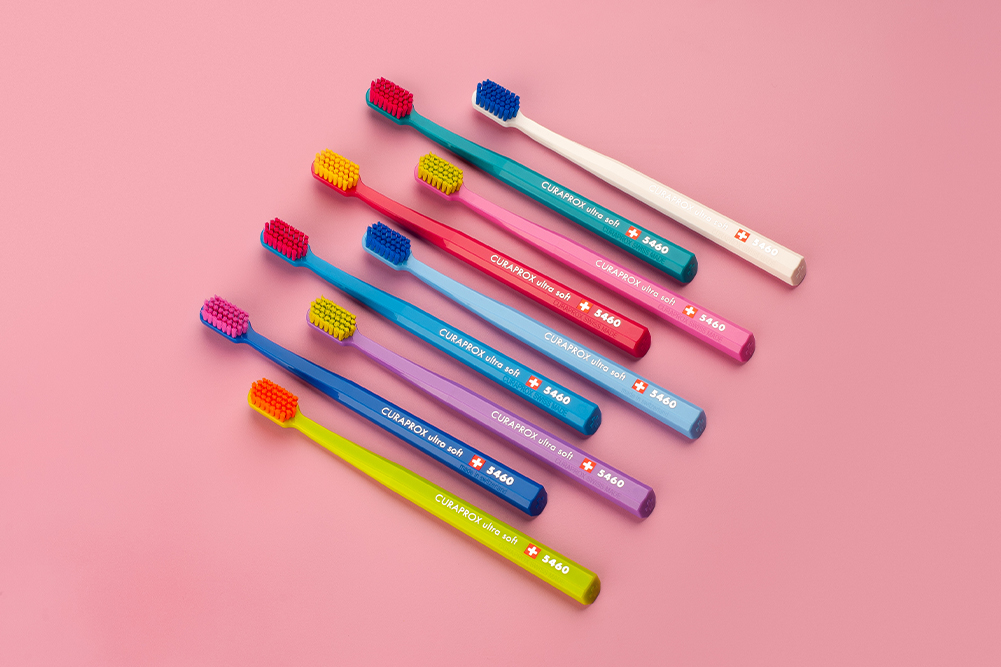What is your tummy type?
We all know that there are a range of distinct and different blood groups. It is has been suggested that your blood group may indicate the type of diet that is right for you. Now a new study has revealed that as well as blood groups we have “tummy typesâ€.
Human beings love a good grouping! It warms the heart of all those brutally honest folk out there to say that they belong to the “Sagittarian†sisterhood/brotherhood. Warm smiles will be shared by people who find they grew up in the same part of the world. People who enjoy burnt toast fall into each other’s arms with a heartfelt, “Me too!†It’s all because we like to find commonalities as a way of defining ourselves, as much by declaring what we are not as by defining what we are. Now a new way of grouping ourselves has been discovered: it seems that there are three distinct types of gut bacteria.
There is even a name for this new classification system, it is known as your “enterotype†and it refers to the fact that three different types of bacterial clusters have been identified as occurring in humans but each human only has one type. The researchers who have announced this discovered it by doing DNA tests to establish microbes present in stool samples from people across ten countries and three different continents.
Their aim was to see if there was a link between bacteria present and disease but the surprising finding was that there were three distinct ways in which gut bacteria organise themselves with each one having a different outcome for the “hostâ€.
Enterotype 1 is dominated by the Bacterioides intestinal bacteria and produces the most biotin, vitamin B2, and vitamin C.
Enterotype 2 features the Prevotella bacteria and produces mainly vitamin B1 and folic acid. This type tend to break down mucus in the intestinal tract and so people with this enterotype may be more disposed to digestive pain and cramping.
Enterotype 3 has Ruminococcus as its pre-eminent bacteria and this type specialises in helping sugar enter cells which may contribute to weight gain. This is the most common enterotype according to this research.
It is not clear whether your enterotype can change over time but clearly at any one time people with different enterotypes will benefit from different approaches in healing. Enterotypes then, could be an important step on the way to individualised medicine.
Meanwhile if you visit Meijer Ad that contains mostly likewise discounts with Winn Dixie Ad you surely have a range like ALDI Ad.







